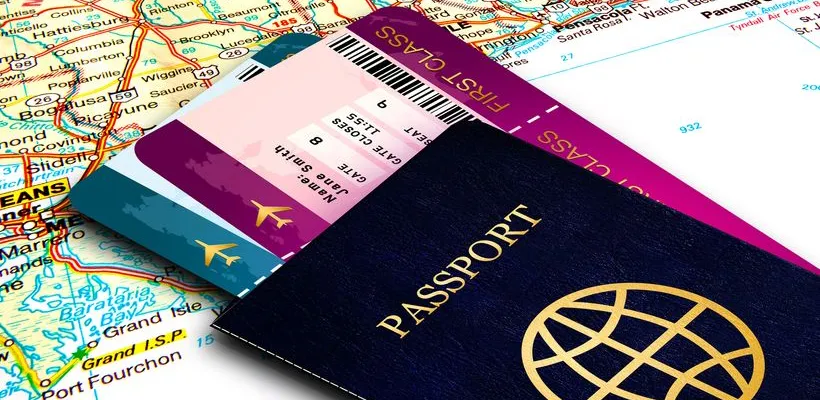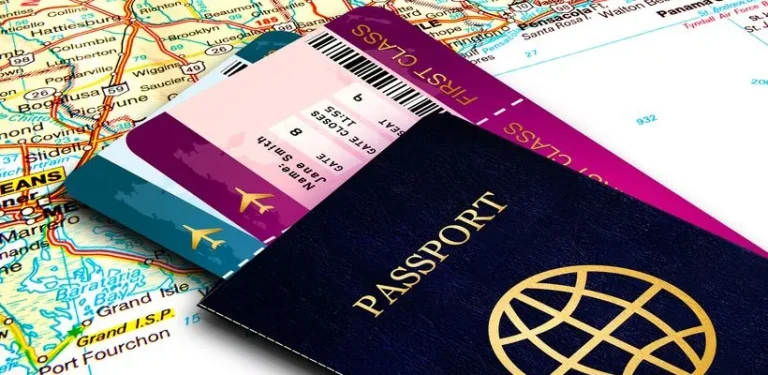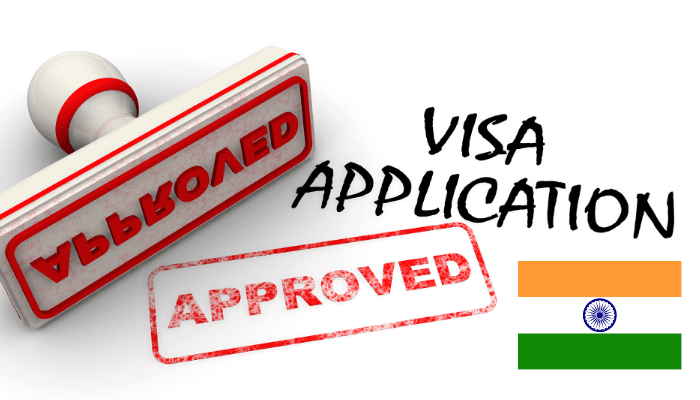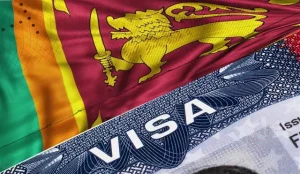Are you considering seeking medical treatment in India? A Medical Visa for India could be your ticket to receiving high-quality healthcare at affordable rates. In this article, we’ll dive into everything you need to know about medical visas, including the eligibility criteria, application process, and important considerations. MEDICAL VISA FOR INDIA
What is a Medical Visa?
A medical visa is a special type of visa that allows foreign nationals to travel to India for medical treatment. The Indian government provides this visa to patients seeking medical assistance for various conditions. It ensures that patients can receive the care they need without facing hurdles related to their immigration status.
Purpose of a Medical Visa
The primary purpose of a medical visa is to facilitate the entry of patients and their attendants into India for medical treatment. Whether it’s for a surgery, specialized medical care, or consultation with a renowned healthcare professional, this visa covers a wide range of medical needs.
Types of Medical Visas
There are generally two types of medical visas in India:
- Medical Visa (M Visa): For patients traveling for medical treatment.
- Medical Attendant Visa (X Visa): For individuals accompanying the patient, such as family members or caregivers. INDIAN VISA ONLINE APPLICATION
Eligibility Criteria
Before applying for a medical visa, it’s crucial to ensure that you meet the eligibility requirements set by the Indian government.
Who Can Apply?
Foreign nationals seeking medical treatment in India are eligible to apply. This includes individuals suffering from various ailments who need specialized care not available in their home countries. Both the patient and their attendants can apply for the respective visas.
Required Documents
To successfully apply for a medical visa, you need to gather specific documents:
- A valid passport with at least six months of validity.
- A completed visa application form.
- A medical certificate from a recognized hospital in India, detailing the nature of the treatment required.
- Proof of financial capability to cover the treatment costs.
- Photographs as per visa requirements.
- An invitation letter from the hospital where treatment will be sought.
Application Process
Navigating the application process for a medical visa can be straightforward if you follow the steps carefully.
Steps to Apply for a Medical Visa
- Gather Required Documents: As mentioned earlier, ensure you have all necessary documents in order.
- Fill Out the Application Form: Complete the online visa application form on the Indian government’s visa portal.
- Pay the Visa Fee: Payment can typically be made online. Keep the payment receipt for future reference.
- Submit Your Application: Submit your application along with the required documents at the Indian embassy or consulate in your country.
Where to Submit Your Application?
You can submit your medical visa application at the nearest Indian embassy or consulate. Some countries also allow online submission through the official visa portal.
Processing Time and Fees
Understanding the timeline and costs associated with the visa application can help you plan your trip better.
How Long Does It Take?
The processing time for a medical visa can vary but generally takes between 5 to 15 business days. However, it’s wise to apply well in advance to account for any unforeseen delays.
What Are the Costs Involved?
The fees for a medical visa depend on the country of application and the duration of the visa. It’s best to check with the local Indian embassy or consulate for specific fee structures.
Important Considerations
While applying for a medical visa, there are several essential aspects to keep in mind.
Validity and Extension of Medical Visa
Typically, a medical visa is valid for up to one year or the duration of the treatment. In some cases, it can be extended. If additional treatment is required, you’ll need to apply for an extension through the appropriate authorities.
Travel Restrictions
While holding a medical visa, be aware that there might be restrictions on travel within India. Patients are often advised to remain in the vicinity of the treatment facility for follow-up care.
Tips for a Successful Application
Navigating the visa application process can be tricky, but with these tips, you’ll improve your chances of a successful application.
Common Mistakes to Avoid
- Incomplete Documentation: Double-check that all required documents are submitted.
- Incorrect Information: Ensure that all personal details are accurate on the application form.
- Late Submission: Apply well in advance to avoid last-minute issues.
Ensuring Your Documents Are In Order
Keep your documents organized and readily accessible. This not only helps during the application process but also ensures you’re prepared for your medical journey.
Conclusion
In summary, a Medical Visa for India opens the door to excellent healthcare options for those in need. By understanding the eligibility criteria, application process, and important considerations, you can make your medical journey to India smoother and more efficient. If you’re planning on seeking treatment in India, start preparing your documents today and embark on your path to recovery!
FAQs
1. Can I apply for a medical visa online?
Yes, you can apply for a medical visa online through the official Indian visa portal.
2. How long can I stay in India on a medical visa?
A medical visa is usually valid for up to one year or the duration of the treatment.
3. Is there a specific hospital I must go to for treatment?
You need a medical certificate from a recognized hospital in India, but you can choose from a variety of hospitals.
4. Can my family accompany me on a medical visa?
Yes, family members can apply for a Medical Attendant Visa to accompany the patient.
5. What if I need to extend my medical visa?
You can apply for an extension through the appropriate authorities in India if additional treatment is required.





+ There are no comments
Add yours